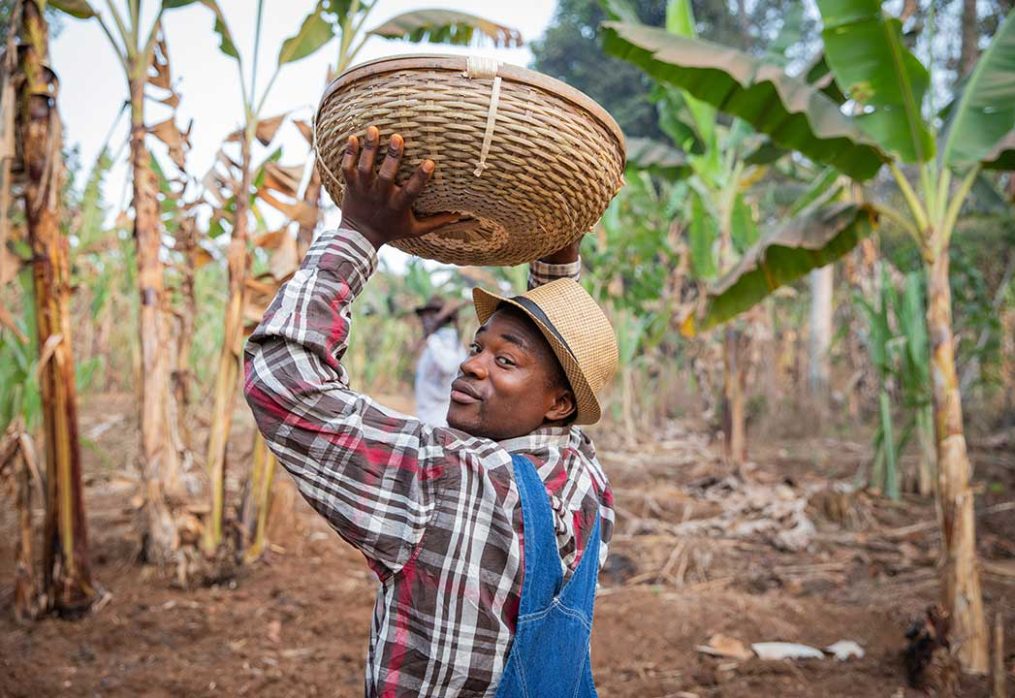The Power of Collective Action: How Dairy Cooperatives Support Small-Scale Farmers in Kenya
Dairy farming is an important economic activity in Kenya, providing a livelihood for millions of people across the country. Despite this, small-scale dairy farmers face numerous challenges, including limited access to markets, low productivity, and high production costs. In response to these challenges, dairy cooperatives have emerged as a critical means of supporting small-scale farmers by providing them with access to services and markets that they would otherwise not have.
Dairy cooperatives are associations of farmers who work together to improve their bargaining power in the market, reduce production costs, and increase productivity. These cooperatives are often formed by small-scale farmers who share similar challenges and who come together to find solutions. Dairy cooperatives in Kenya offer a range of services to their members, including access to inputs such as feed, veterinary services, and breeding services. They also provide training on best practices in dairy farming, as well as access to credit and markets.
One of the key roles of dairy cooperatives in supporting small-scale farmers in Kenya is by providing them with access to markets. Small-scale dairy farmers often struggle to find markets for their milk, as they may not have the means to transport it to urban centers or lack the bargaining power to negotiate favorable prices. Dairy cooperatives solve this problem by pooling the milk of their members and selling it on their behalf. This allows small-scale farmers to access larger and more lucrative markets that they would not have been able to reach on their own.
In addition to providing access to markets, dairy cooperatives also play a critical role in reducing production costs for small-scale farmers. Through collective purchasing, cooperatives are able to negotiate better prices for inputs such as feed, vaccines, and drugs. This not only reduces the cost of production for individual farmers but also ensures that they have access to quality inputs that they might not have been able to afford on their own. By reducing production costs, cooperatives help to improve the profitability of small-scale dairy farming, making it a more attractive livelihood option for farmers.
Dairy cooperatives also provide training to their members on best practices in dairy farming. Small-scale farmers often lack the technical knowledge required to improve their productivity and profitability. By providing training on topics such as animal husbandry, feed management, and milk quality, cooperatives help farmers to improve their productivity and increase their incomes. This training is often provided by extension officers who work with the cooperative, and it is tailored to the specific needs of the farmers in the group.
Access to credit is another benefit that dairy cooperatives offer to their members. Small-scale farmers often lack the collateral required to access credit from formal financial institutions. However, dairy cooperatives are able to provide loans to their members based on their milk production. This enables farmers to invest in their farms and improve their productivity without incurring high-interest rates or risking losing their collateral.
Finally, dairy cooperatives play a crucial role in advocating for the interests of small-scale farmers at the national level. Through their membership in national dairy organizations, cooperatives are able to influence policy and create an enabling environment for dairy farming in Kenya. This includes advocating for policies that support small-scale farmers, such as subsidies for inputs or tax exemptions for dairy equipment.
Dairy cooperatives play a critical role in supporting small-scale farmers in Kenya. Through their provision of services such as access to markets, collective purchasing, training, credit, and advocacy, cooperatives enable small-scale farmers to improve their productivity, reduce their production costs, and increase their incomes. As the importance of dairy farming in Kenya continues to grow, it is essential that these cooperatives are supported and strengthened to ensure that small-scale farmers can continue to benefit from this important economic activity.
